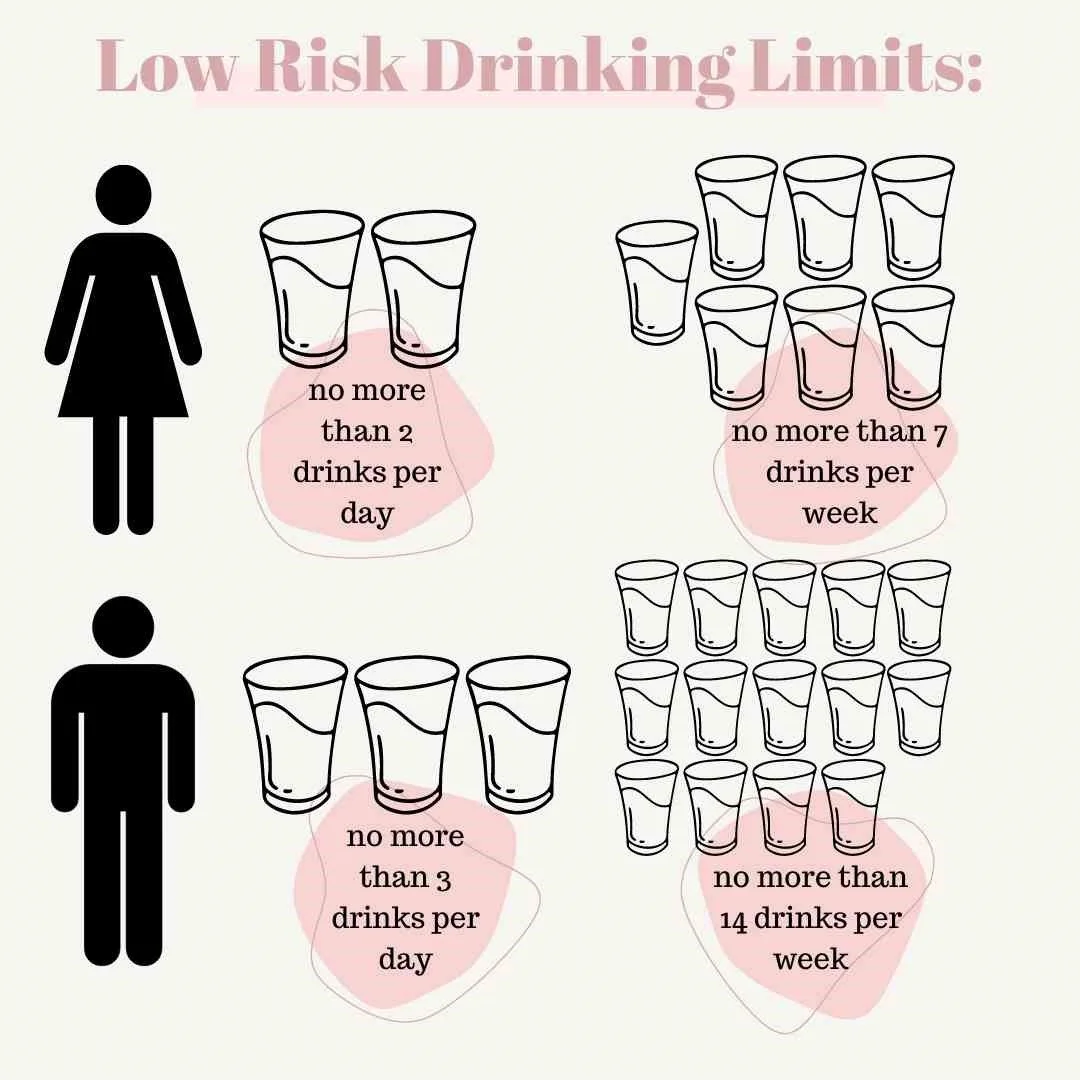Sober or Sober Curious?
Social media has helped open up the conversation around alcohol use and made it more acceptable to consider sobriety. With an increase in mocktails, alcohol free drinks and social support regarding sobriety, it may have helped you take a step back and start to consider your own alcohol consumption.
Alcohol use, like most things, falls on a spectrum, ranging anywhere from complete abstinence to addiction. With my training in addiction counseling, I know that non-use is what is healthiest and best for our physical and mental health. However, growing up in the Midwest, I also know how normalized drinking is and the challenges that come with complete abstinence.
Harm Reduction found its ways into Euro-American society through multiple social movements throughout the 70s, 80s and 90s. In recent years, it has begun to become more popular and common in addiction training and education. However, depending on your environment, can still be controversial.
Harm reduction is rooted in the idea that we are able to reduce the negative outcomes of substance use, even for those where abstinence is not the only goal. Some of these practices may include: Medical Treatment of Substance Use Disorders (also knowns as Medication-Assisted Treatment), safe injection sites, need exchange programs, increased education, fentanyl testing strips, non-abstinence support programs and Good Samaritan laws.
One way that harm reduction is often practiced related to alcohol use is consumption in moderation. Low risk drinking is defined as drinking that has minimal impact on a person, their friends and family and their physical or emotional health. According to the National Institute on Alcohol Abuse and Alcoholism (Chen et. al., 2016), low risk drinking is considered no mor than 7 drinks per week for women and no more than 14 drinks per week for men. However, even within these limits, low-risk drinkers are not sure to avoid the risks associated with alcohol.
When considering low-risk or moderate drinking, it is also important to consider what is established as a standard drink. Many people are consuming more than one standard drink within the "one drink" they are counting.
Research has shown that social isolation (via research on Covid) has a negative impact on drinking. It also shows that alcohol use continues to be a problem for many people across the United States, but especially in the Midwest.
If you are reading this post, it’s likely that you are already re-considering your relationship with alcohol. Maybe you have started to notice it impact your sleep. Maybe a close friend or family member voiced concern about your drinking. Maybe you have just finally accepted that continuing to consume a poisonous substance isn’t what you want for your future or to be your best self.
One of the first steps to reducing or discontinuing alcohol use is to build insight into your own relationship with alcohol. You can start by being more mindful about your drinking. Things like journaling, recording voice memos or videos in your phone or other tracking devices to recognize what emotions, people or places may impact your overall drinking. Are you most likely to want to drink after a stressful day at work? Or are you easily influenced to drink more when around a group of people?
As you build insight into your drinking habits, you can start to build new skills to manage triggers and challenge your beliefs around drinking. Does drinking really reduce your stress, or does it numb it before making it worse in the long run? Do you actually love the taste of your drink, or do you actually prefer the taste of the mixer and sweetener? What would it be like to drink a mocktail instead of a cocktail today?
If you are looking for support in the process of exploring your own relationship with alcohol, counseling can be a great added step. Having someone who has knowledge and education around substance use to join in on your journey, provide external feedback without judgement and help you in building insight and change. If you are located in the state of South Dakota and want to start counseling related to your substance use, click HERE. You will receive an email 1-2 business days after you submit this form to obtain access to the online client portal and to schedule your first appointment. If you are located outside of South Dakota, searching for a licensed addiction counselor on PsychologyToday can be a great first step.





